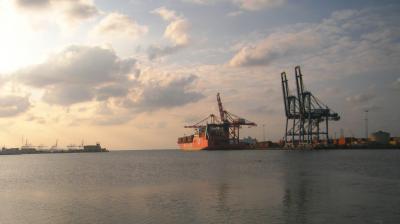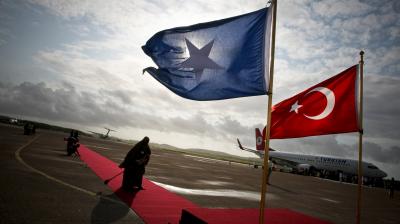The European Union in a crowded Horn of Africa
This policy brief explores the engagement of the European Union (EU) in the Horn of Africa, in light of the growing regional presence of other foreign actors, namely the United Arab Emirates (UAE), Saudi Arabia, Qatar, Turkey, China, and Russia. Although the EU has defined the Horn as a “geo-strategic priority”, the bloc’s approach to the region is not yet well defined. The EU’s engagement would benefit from a clearer definition of the EU’s interests and objectives in the region in a clear order of priority. This could then inform a reflection on which tools can be best mobilized to achieve such interests. In this regard, the EU’s development cooperation efforts are an important added value that the bloc brings to the region, which may be leveraged more strategically to achieve the EU’s objectives.
The growing presence of other foreign actors in the Horn has important implications not only for the Horn itself, but also for the EU’s regional engagement. When the interests of some of these actors overlap with those of the EU, a degree of cooperation would be beneficial for all sides. The domains of infrastructure development and humanitarian aid offer a meaningful entry point to explore such cooperation. In other instances, on the other hand, the EU may need to push back on the activities of other foreign actors when they directly run against the bloc’s interests. Overall, however, the EU should be careful not to allow geopolitical considerations to guide its approach towards the region. Rather than being preoccupied with keeping the Horn’s stakeholders outside of the orbit of its geopolitical rivals, the EU should focus on deepening ties with (state or non-state) actors that share its own interests and values – an approach that can lead to more reliable partnerships that deliver on the EU’s interests in the longer term.






